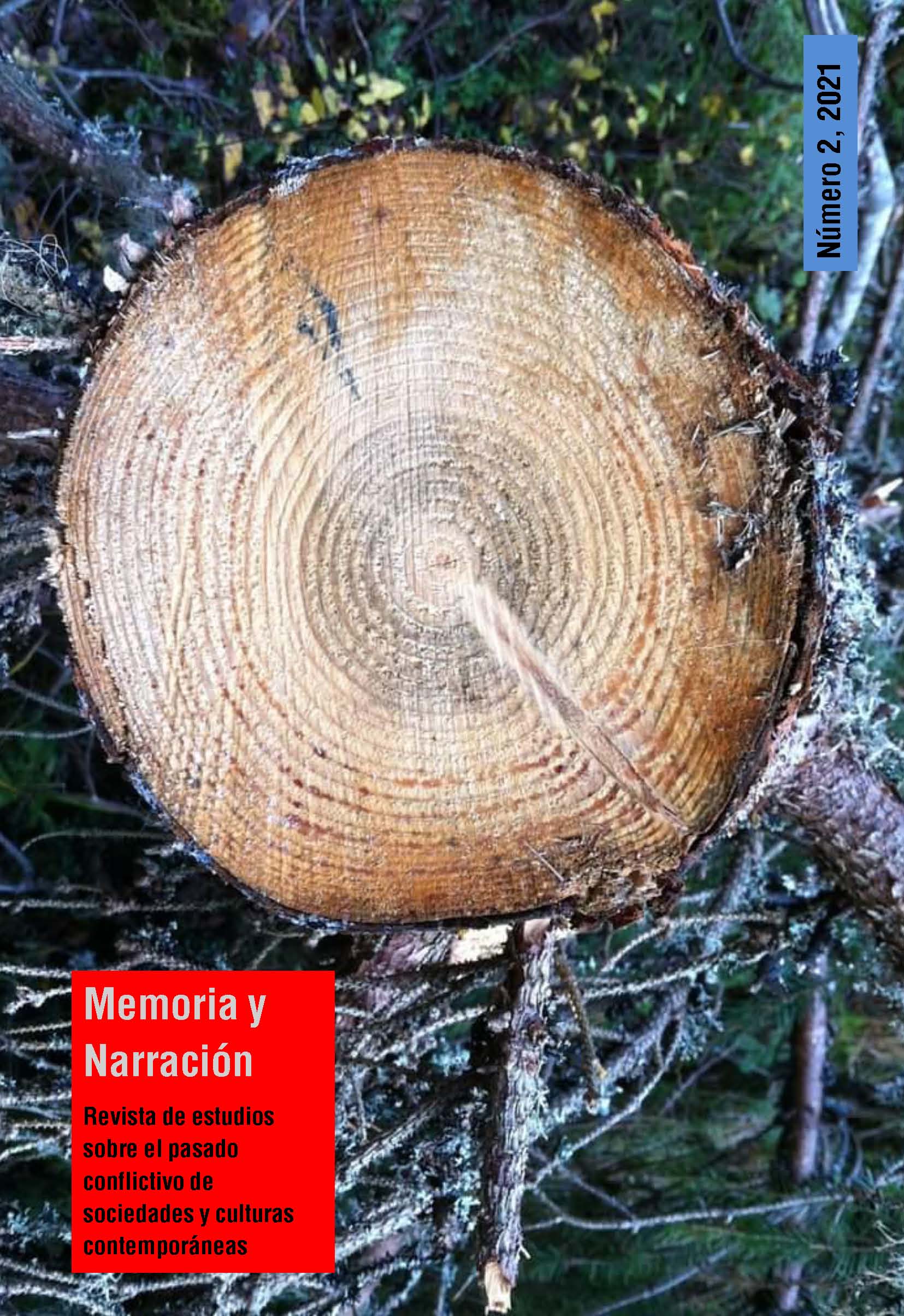Representação do (não-)excecionalismo lusotropicalista: A viagem ao mundo colonial de Maria da Graça Freire
DOI:
https://doi.org/10.5617/myn.8667Abstract
This article aims to inquire about the representation of the lusotropicalist exceptionalism of the “Portuguese way of being in the world”, based on Gilberto Freyre’s theory of lusotropi-calism, according to the interpretation of the Portuguese writer Maria da Graça Freire (1918–1993), in particular in the works A primeira viagem (1953) and A terra foi-lhe negada (1958), where there is dubious opposition to the “exception” advocated by the lusotropicalist rhetoric of the policies of the Portuguese colonial empire. On the one hand, an opposition to Lusotropicalism is confirmed, that is, the ‘innate’ aptitude of the Portuguese man to adapt to the tropics, in human, social and physical terms, cultivating a ‘harmonious’ miscegenation between the dif-ferent races; on the other hand, there is ‘a colonial-fascist mix’, in a mildly politicised discourse integrated into the colonial ideology of the regime of the Estado Novo.
Downloads
Published
Issue
Section
License
Authors who publish in this journal accept the following conditions:
- Authors retain copyright and grant the journal right of first publication with the work simultaneously licensed under a Creative Commons Attribution License that allows others to share the work with an acknowledgement of the work's authorship and initial publication in this journal.
- Authors are able to enter into separate, additional contractual arrangements for the non-exclusive distribution of the journal's published version of the work (e.g., post it to an institutional repository or publish it in a book), with an acknowledgement of its initial publication in this journal.
- Authors are permitted and encouraged to post their work online (e.g., in institutional repositories or on their website) prior to and during the submission process, as it can lead to productive exchanges, as well as earlier and greater citation of published work (See The Effect of Open Access).


